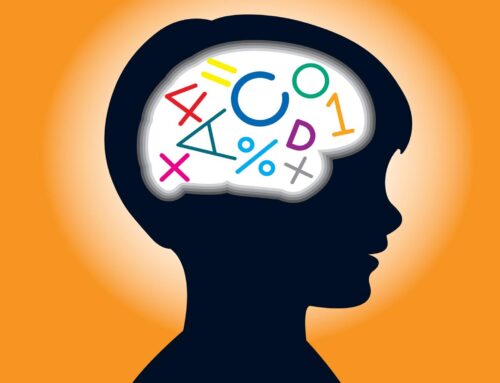By Sarah E. O’Brien, M.A., Learning Specialist
The way you initially process and encode information shapes how those details are recalled in the future. Specifically, the level at which you process this information, which can range from shallow to deep, may even dictate what you actively remember.
Think about your approach to memorizing a phone number versus the way you go about absorbing historical facts or stories.
For the first task, repetition may be the most effective (e.g. rote rehearsal). Retaining this memory calls for relatively basic maintenance, neurologically speaking, and requires little more than occasional use to strengthen the existing connection. This is considered a shallow level of processing.
Deeper encoding of complex information, such as a story or series of related facts, demands greater attention to meaning. This process involves elaborative rehearsal, associative reasoning, and the ability to draw from prior knowledge. Activating a deep level of processing is, in this sense, akin to a cognitive workout.
While deep processing is generally thought to lead to better encoding and recall, it is not necessarily the “go-to” method for all learning. If content-rich information needs to be incorporated and retained, a deep level of processing is vital. If, however, you are memorizing a simple piece of information, such as a street address, shallow processing may best serve you.
In the classroom, deep processing can prepare students for exams and further schooling. Many educators employ inquiry-based learning, a technique that prompts students to generate their own questions and work backward to find a solution. Such an approach has been seen to facilitate both deep processing and the retention of knowledge.
When students “engage in activities that require applying classroom-gathered knowledge to real-world problems,” they unlock the potential to “learn more deeply” (Barron & Darling-Hammond, 2008).
The overlap between deep processing and inquiry-based learning not only allows students to embed and retain content to a greater degree, but also enhances their ability to learn independently.
As educators have long realized, how we learn determines how we remember.
Georgetown Psychology Associates is pleased to offer assessment and learning services for children, adolescents, and adults. From comprehensive psychoeducational or neuropsychological evaluations to individualized academic and executive functioning support sessions, our practice provides a variety of options.
Contact us today to schedule an appointment or to learn more!



